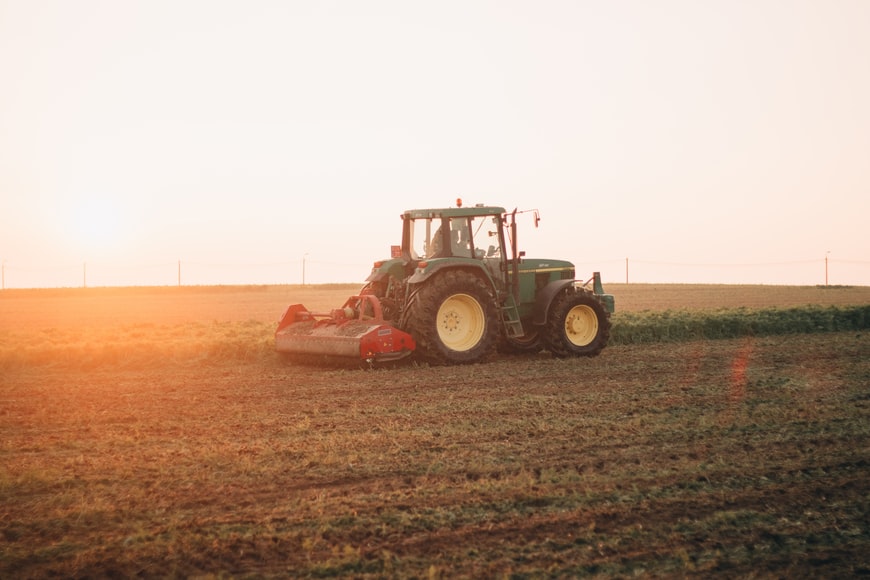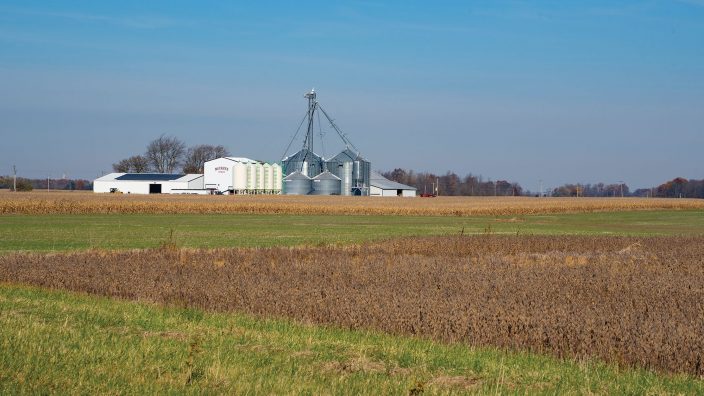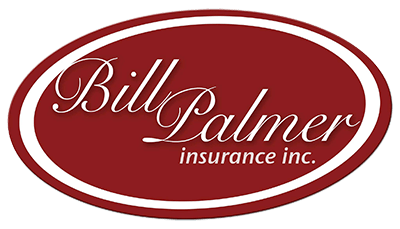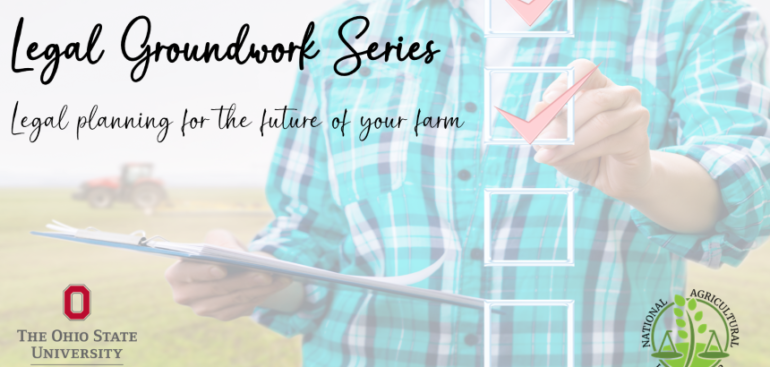Anyone who owns a farm – whether a major operation or a modest hobby farm – is likely aware of the constellation of mishaps that can occur in every phase of farming. That being the case, finding the right type of farm insurance – and understanding what it can and can’t do – is imperative. The fact that you and your family’s livelihood is wrapped up in your farming operation makes this all the more important.
But how do you choose insurance for your farm? Is a basic policy that covers the most common risks sufficient? Or should you be proactive and insure for every conceivable risk? At what point does the latter become cost-prohibitive?
 Examples of common farming risks you should consider covering include (but certainly aren’t limited to):
Examples of common farming risks you should consider covering include (but certainly aren’t limited to):
• Fire
• Theft
• Tractor Rollovers
• Overturning Heavy Machinery
• Storm Damage (including Lightning)
• Vandalism/Malicious mischief
• Water Backup
• Loss of Income
As with any other type of personal insurance, from health to homeowners to auto, only you can decide what risks you’re willing to take. And while running a safe and responsible operation can reduce risks, on even the best-run farm, bad luck, bad weather and untimely accidents can still happen.
At the minimum, farm insurance should include protections for liability, your home and its contents, farm property, farm buildings and additional coverages as warranted. Typically, a farm insurance policy will include coverage for both household personal property and the assets of the farm, while motor vehicle coverage is handled with a separate policy.
The Ohio State University Extension provides a comprehensive explanation of different levels of farm insurance, though here’s a quick rundown:
• Basic coverage, as the name suggests, covers the most common risks and perils, which will be listed in the policy. They can include (but aren’t limited to) such risks as fire, smoke, storms, vandalism and even sinkhole collapse. If something happens that’s not listed in the policy, you’re on your own. Additionally, each listed hazard will have exceptions, such as negligence or, in the case of vandalism, a building that’s been left empty for more than a month.
• Broad coverage covers more so it costs more. Yet, while broad coverage covers more potential hazards and perils, as with basic coverage it still only covers listed risks. According to the OSU Extension, examples of additional perils in a broad coverage policy might include such things as freezing plumbing, burglary damage, loading/unloading accidents, and accidental water damage, among others. Again, exceptions are likely to apply to each of these protected risks.
• The best (and most expensive) type of farm insurance is special coverage, which covers everything except a list of specific perils that it doesn’t cover. When shopping for any insurance policy, it’s important for the consumer to be aware of exceptions.
So how do you decide which degree of coverage makes the most sense? As with any insurance decision, a cost-benefit analysis is necessary. How much can you afford to spend to protect against common risks while leaving rarer perils to fate? Fortunately, most farm policies do provide the option of mixing coverages. For example, you may decide to get comprehensive special coverage for farm equipment with the less comprehensive broad coverage on other types of property.
How Much Will You Have to Pay?
So how much is farm insurance likely to set you back? It depends. Every farm is different, and choices about what to cover and to what degree also differ from farm to farm. In general, the cost of a farm insurance policy will depend on the amount of liability desired for the farm, the type and amount of farm equipment, and desired limits on insurance for farm buildings, personal dwellings, and other assets that are being covered. Most of those factors are related to the size of the farm.

How Should You Select Your Insurance Agent/Carrier?
When choosing your farm insurance agent and carrier, you should look for the same positive characteristics you’d seek in any insurer. A decent understanding of the insurance specialty—in this case farms and agriculture—is important. In addition, your insurance agent should be willing to create a policy for your specific farm, rather than using a one-size-fits-all template. Your farm is like none other, and your coverage should be similarly unique.
However, for the agent to do the best possible job for you, it’s important to provide accurate and comprehensive information. According to the OSU Extension, “It is the farm owner’s responsibility to inform the insurance agent of how the farm operates, who is involved with the farm, and the assets owned by the farm.”
Just as it’s important for your insurance agent to know everything about your farm, you should know whom you’re dealing with—both agency and carrier—when shopping for a farm insurance policy. Multiple services provide financial ratings for insurance carriers. Among other information, those ratings show the carrier’s ability to pay claims, especially after big, damaging storms and other natural disasters. It’s always good practice to check out ratings from different services, since they often disagree.
Finally, ratings do change, so it’s important to check those ratings annually. Likewise, every year make it a point to review your insurance policies with your agent to ensure that your farm—whether a small hobby farm or a major operation—is sufficiently protected.

Contact Bill Palmer Insurance for Customized Coverage
Bill Palmer Insurance of Lancaster—located in fertile farm country in south-central Ohio—will help you customize your farm, ranch or hobby farm insurance policy by first looking at your basic coverage options. More options based on the specific needs of your Ohio farm can be added on as needed or desired.
If you’d like to discuss farm insurance with an agent who has experience building policies to fit the unique needs of farms, big, small and in between, please contact us at Bill Palmer Insurance. Our agency has been serving the needs of Ohio residents since 1977. We will guide you through the process and find solid coverage that dovetails with your situation.
References:
https://farmoffice.osu.edu/blog/thu-02022023-343pm/farm-insurance-policies-part-1-understanding-policy
https://farmoffice.osu.edu/blog/fri-02102023-932am/farm-insurance-policies-part-2-obtaining-managing-and-maintaining-policy

